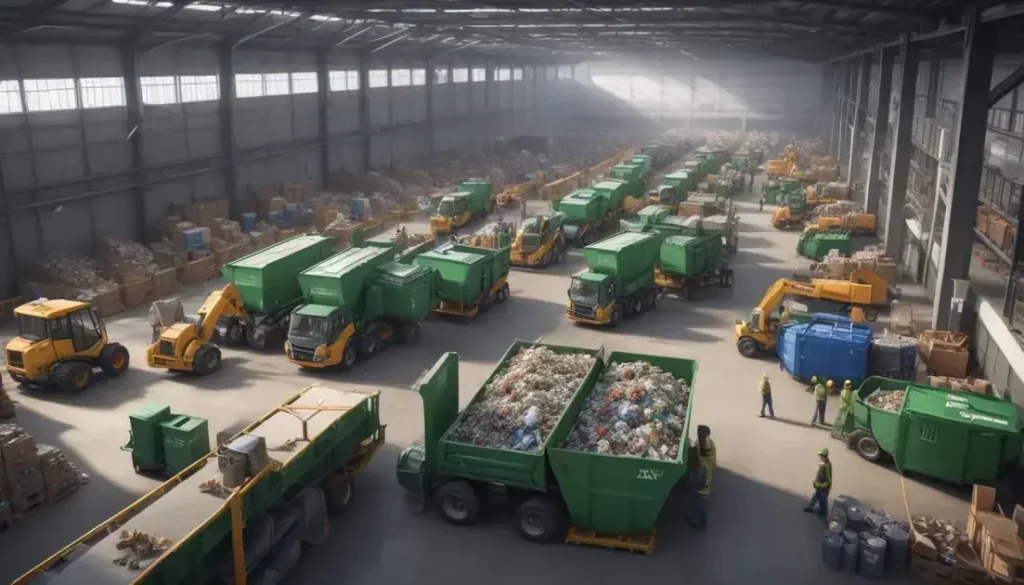Regenerative Agriculture focuses on sustainable farming practices that restore soil health, enhance biodiversity, and improve ecosystem resilience, ultimately benefitting farmers and the environment.
In 2024, Regenerative Agriculture took a significant step forward as Nescafé exceeded its target, demonstrating the potential for a more sustainable coffee industry. What does this mean for the future of coffee in Canada?
The role of Nescafé in promoting Regenerative Agriculture and its benefits for farmers and the environment.
Nescafé is taking significant strides in promoting Regenerative Agriculture, a method that focuses on restoring soil health and enhancing biodiversity. This approach not only benefits farmers but also positively impacts the environment. By implementing practices such as crop rotation and reduced tillage, Nescafé aids in carbon sequestration, improving the resilience of coffee crops against climate change.
Through collaborations with local farmers, Nescafé provides training and resources to foster sustainable farming techniques. This support helps farmers achieve better yields while mitigating their ecological footprint. As a result, farmers are empowered to improve their livelihoods, ensuring that their practices remain economically viable in the long term.
Moreover, regenerative practices contribute to healthier ecosystems, promoting natural habitats for wildlife. By transitioning to regenerative methods, Nescafé not only addresses environmental concerns but also supports the creation of a sustainable food system. Through this commitment, Nescafé is setting an example for the coffee industry, demonstrating that it is possible to cultivate coffee responsibly and sustainably.
In Conclusion: The Importance of Regenerative Agriculture
Nescafé’s commitment to Regenerative Agriculture is crucial for the future of coffee farming. By restoring soil health and supporting biodiversity, Nescafé helps farmers thrive while protecting the environment.
This approach not only boosts the livelihood of coffee growers but also contributes to a more sustainable and resilient ecosystem. As consumers become more aware of their choices, companies embracing such practices will lead the way toward a better future.
Overall, the transition to regenerative methods is a win-win—benefiting farmers, consumers, and the planet. With ongoing support and education, regenerative agriculture can reshape the coffee industry for the better.
Frequently Asked Questions
What is Regenerative Agriculture?
Regenerative Agriculture is a farming approach that focuses on restoring soil health, enhancing biodiversity, and improving ecosystem resilience through sustainable practices.
How does Nescafé support farmers in adopting Regenerative Agriculture?
Nescafé provides training, resources, and collaboration opportunities for farmers to help them implement sustainable farming techniques that improve yields and environmental health.
What are the environmental benefits of Regenerative Agriculture?
This approach helps in carbon sequestration, soil restoration, and promoting biodiversity, all of which contribute to healthier ecosystems and combat climate change.
Can consumers influence the adoption of Regenerative Agriculture?
Yes, consumer demand for sustainably-produced products encourages companies like Nescafé to adopt and promote regenerative practices within their supply chains.
What impact does Regenerative Agriculture have on coffee quality?
By focusing on soil health and biodiversity, Regenerative Agriculture can lead to higher quality coffee beans, improving the taste and overall product for consumers.
How can I support Regenerative Agriculture as a consumer?
You can support Regenerative Agriculture by choosing products from companies committed to sustainable practices and advocating for environmentally-friendly farming methods.


